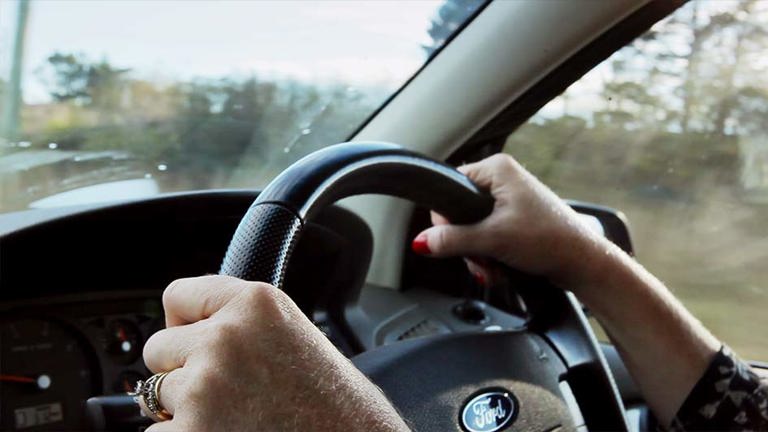A new car comes with a manufacturer’s warranty that covers only design faults or defects that may occur during the period of cover. Any other types of damage will have to be budgeted for or can be covered in you car insurance premium. Therefore, it is vital to understand what is and isn't covered.
What it covers
While warranties may vary slightly, a new car manufacturer’s warranty usually covers the following:
- Repair of any mechanical failure resulting from a design defect or faulty part
- Vehicle towing required as a result of such mechanical failure
- Rental car hire while the failure is being repaired.
What it doesn’t cover
A new car warranty basically covers against any inbuilt defects the car may have. It does not cover against wear and tear of what are called ‘consumables’, which must all be replaced as they wear out at the owner’s expense. These include:
- Tyres, batteries and lights
- Filters, gaskets, hoses and belts
- Brakes and clutches
- Airbags
- Accessories such as audio equipment.
What can void it
If a new car is not used according to the requirements of the warranty, it may be voided. Circumstances in which this can occur include:
- Servicing – If the vehicle is not serviced at the specified intervals by a licensed mechanic using approved parts and according to the manufacturer’s specifications
- Modifications – If the vehicle is modified in any way that does not conform to Australian standards or the manufacturer’s specifications, such as fitting a non-original engine, lowering suspension too far or fitting wheel rims that are too wide.
- Operation – If the vehicle is driven in a negligent or reckless manner or after a fault has become apparent.
- Use – If the vehicle is used for purposes other than what it was intended for, such as a taxi, a courier vehicle or a rental car.
- Misuse – If the vehicle’s odometer is tampered with or it is driven unlicensed, unregistered or under the influence of drugs or alcohol.
- Miscellaneous – If the vehicle is damaged as a result of war, terrorism, civil unrest or nuclear accident.
Is it worth extending?
While new cars automatically come with a manufacturer’s warranty, this will only cover the vehicle for a certain period of time or number of kilometers travelled (usually two years/40,000 kilometers or three years/60,000 kilometers). Before the warranty expires, the decision must be made whether to extend the new car warranty.
The decision whether to extend a warranty comes down to expected costs. Wear and tear, which are not covered under a warranty, are likely to be the biggest expense as the vehicle gets older. Still, the vehicle is likely to be maintained in reasonably good condition because the extended warranty will require continuing the strict service regime. There may simply come a point in time when the warranty is costing more than it is worth.
A new car warranty is definitely worth having though. As with anything that is manufactured, ‘lemons’ do get made from time to time. New car warranties protect everyone from having to pay the price of someone else’s poor workmanship



